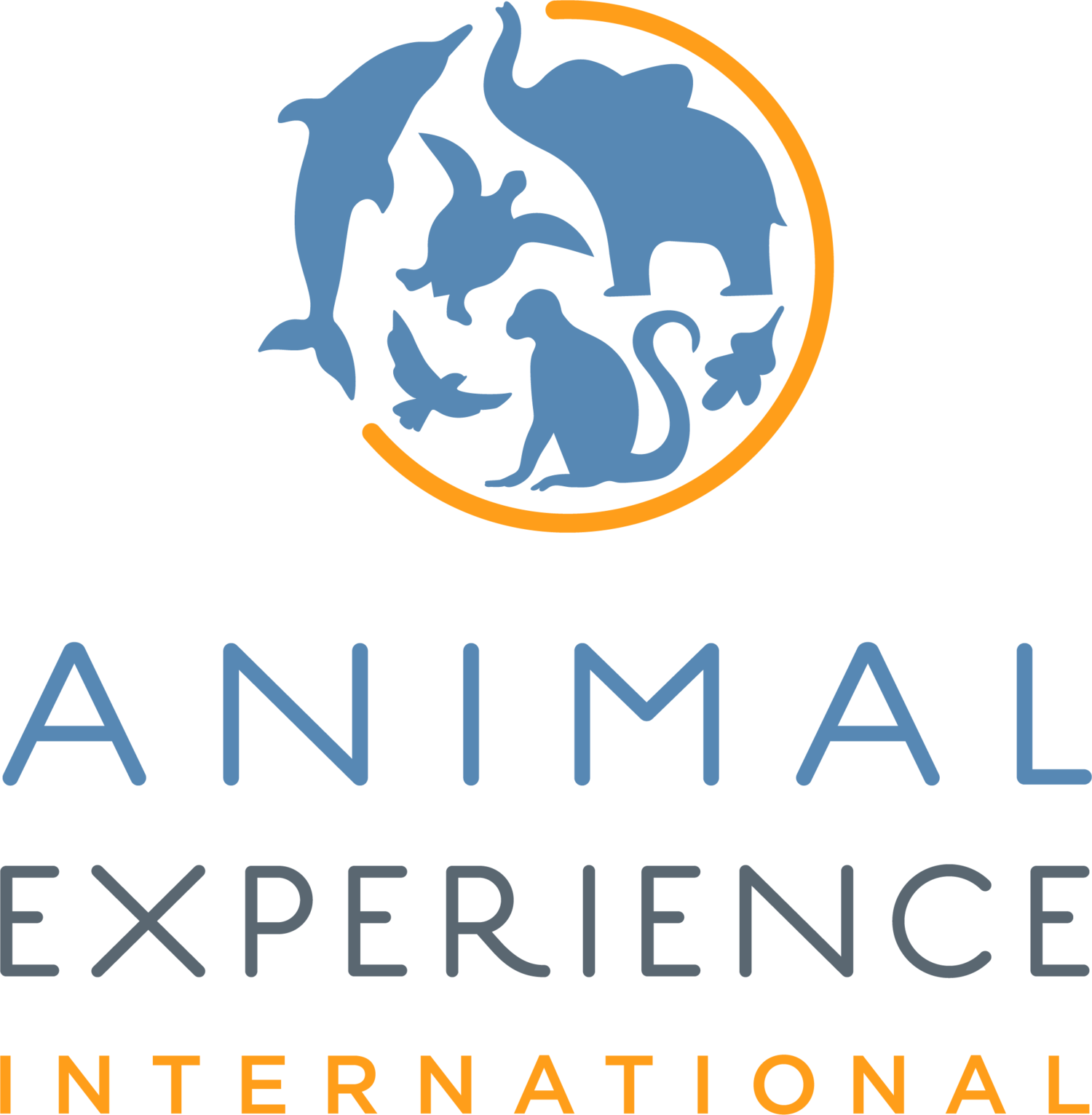We have a lot of people asking if only vets can volunteer. And we always say: *NO*, in fact most of our volunteers are not veterinary medical professionals and we like it that way. Why? Because there are so many ways to help animals! And by encouraging people from all walks of life to volunteer, we ensure that local professionals stay employed by good and trustworthy conservation programs. We aren't taking jobs from members of the community and this means the professionals that helped animals before we were there will continue to help them once we leave.
What kinds of volunteering could you possibly do with animals that isn't high level medical volunteering? Actually some of the most important volunteering opportunities are the things that take the pressure off vets, freeing up their time so that they can provide the more specialized care. Making enrichment for animals who are in temporary enclosures before they are released into the wild, socializing dogs who have been rescued from the street, making breakfasts for elephants in sanctuaries. All of these are things you can do right now - and if you do them you are helping these animals AND the team members who have been there throughout, and even before, this pandemic!
If you want to help animals the best way to help are the easy but time intensive tasks: cutting up mangoes for orphaned howler monkeys, sweeping out elephant paddocks, scrubbing (empty) bear pools, handing out dishes of kibbles to hungry dogs - YOU can do this and you should! Giving back while you go on vacation isn't just a nice thing to do for the animals, it can be life changing for you. Volunteering changes how you feel about yourself, the world and your place in it.
Travelers have a massive role to play in stopping the trafficking and exploitation of animals. We have been thinking a lot recently about imposter syndrome and how it can show up in conservation. Travelers, recreational adventurers, and volunteers can be just as big proponents for conservation as biologists. Travelers spend their whole lives learning (when they travel with their eyes open) and through this experiential education they can be witnesses to the very best and very worst of humanity. If you don’t have formal training in conservation, you may discount yourself and pass at the opportunity to be an advocate. But you don’t have to be an animal professional to recognize that animals in cages and on tethers aren’t happy. Oftentimes it’s the traveler who is limiting their own voice, not speaking up because of feeling like an “imposter”. People don’t think they know enough, or feel that it’s not for them to say anything – but violence is violence and we don’t need a degree to recognize it and speak up against it. In fact we need all the stakeholders to come together so that we can conserve our natural world!
We encourage every traveler this year to think about the voice they have and how they use it. You do not need to have a formal education to change the world, you just need to speak out about injustices you see and throw your support behind organizations that are doing positive things. There are no imposters – everyone has their lived experiences and we should speak up for what we believe in. Do you need to be a vet to help animals? No. Do you need to be a professor of animal behavior to help animals? No. Both of these professions WILL help animals but so will you if you are willing to volunteer, observe and share what you learn with the world.
Travel is once again within your reach – you will need to be fully vaccinated against Covid-19, then we will help you with the rest! You can safely travel to Costa Rica or Guatemala starting this month, and to more countries in 2022 (Mongolia, Malawi, Costa Rica, Thailand...) – many of them with us leading the trip! We look forward to helping you plan your animal experiences as travel starts to open up again.


